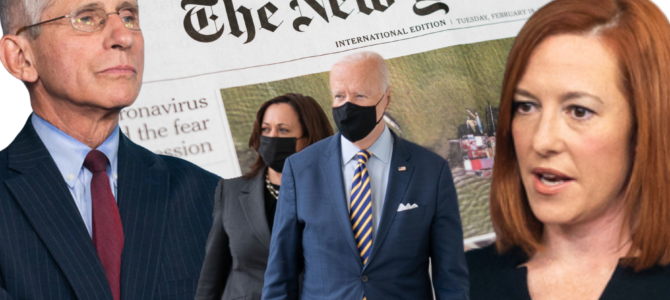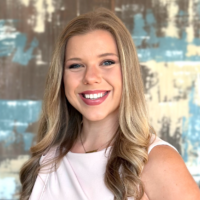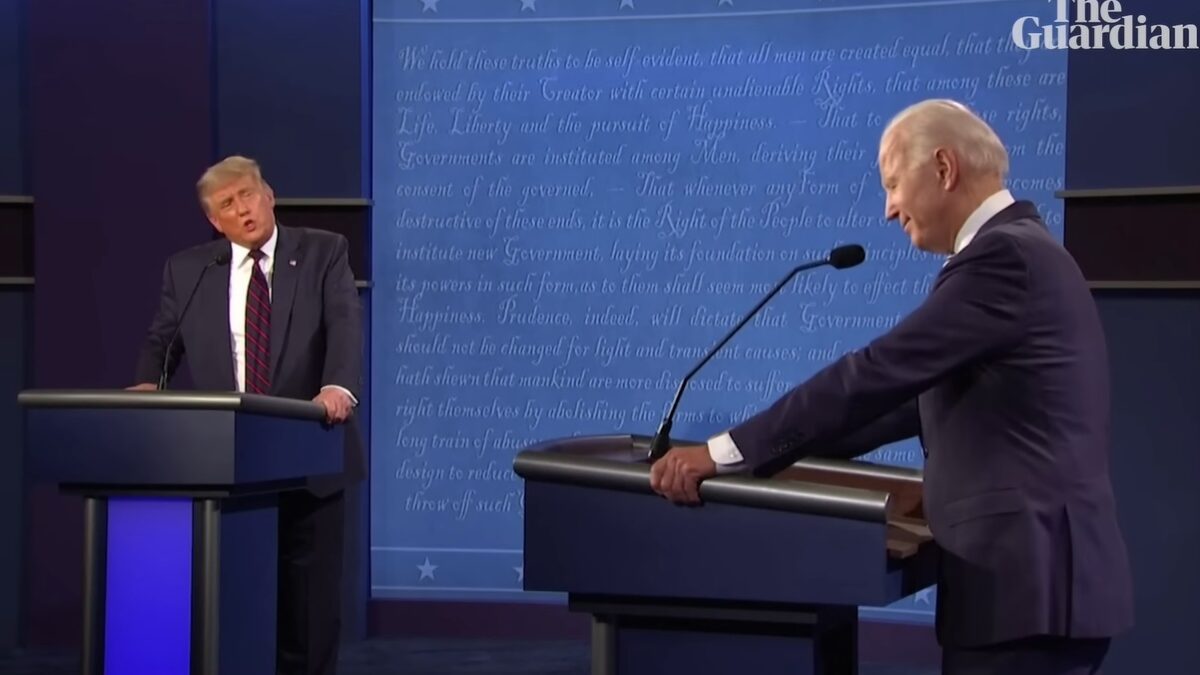
“Why do so many vaccinated people remain fearful?” David Leonhardt asks with a straight face in Monday’s New York Times morning newsletter about “Irrational Covid Fears.”
Leonhardt opens with a story about judge and Yale University law professor Guido Calabresi, who for 30 years has been telling his students a tale he crafted about a god who came to society to propose an invention that would make their lives better in nearly every way. It would afford them extra quality time with loved ones and enable them to see sights and perform tasks they wouldn’t otherwise be able to do.
The cost? The god would select 1,000 young people to strike dead.
The professor would then pose the question to his students: Would you take the deal? The students’ answer would almost always be no. “What’s the difference between this and the automobile?” Calabresi would ask, revealing the moral of the story.
Leonhardt concludes in the Times that we accept the cost of automobile fatalities because it has always been an aspect of our lives. A world without cars and thus the risks they carry is a world we really just can’t imagine for ourselves. Our comfortability with vehicles, Leonhardt says, is an example of human irrationality when calculating risks. While people tend to focus on minuscule risks such as airplane crashes or shark attacks, we gloss over much riskier activities such as driving.
“One way for a risk to become salient is for it to be new,” Leonhardt says, likening the salient risk of Calabresi’s fable to COVID-19. “That’s a core idea behind Calabresi’s fable. He asks students to consider whether they would accept the cost of vehicle travel if it did not already exist. That they say no underscores the very different ways we treat new risks and enduring ones.”
In other words, we’ve always lived with cars, so we accept the deadly risks of driving, but COVID is new and scary, and so we irrationally obsess about its risks in ways we wouldn’t if it were a persistent part of our lives.
Americans Used to Embrace Risk
Leonhardt’s assessment might be true to an extent. But the fact is that vehicles, which have always been risky, do exist, meaning that Americans at one point were willing to take that risk. At the turn of the 20th century, Calabresi’s fable wasn’t a fable at all. It was a reality, and Americans decided the risk was worth taking.
Thus the explanation can’t just be that we assign different treatments to “new risks and enduring ones.” It’s that Americans of today are orders of magnitude more risk-averse than our predecessors, and thus are more paralyzed and less productive. For a virus, Americans have chosen to cater to the most irrationally COVID-terrified voices among us, making us not only more paralyzed and less productive, but also increasingly less free.
Unlike the risks of driving, Leonhardt tells his readers, the Wuhan virus is curable, so take heart. Thanks to vaccines, the chances of serious sickness, hospitalization, or death from COVID-19 are almost nil. Transmission and even mild cases post-vaccination are rare, but people maintain paralyzing fear of the virus because it is new and scary and because overcoming those fears is “psychologically hard,” Leonhardt says. “It’s only natural that so many vaccinated people continue to harbor irrational fears.”
COVID Terror Isn’t ‘Natural’
That’s where Leonhardt’s analysis almost completely diverges from reality. Irrational fears about COVID-19 are not “natural,” nor are they merely the result of salience and newness. It isn’t inherent in the human spirit to be terrified of things that pose such little risk for so much of the population.
These irrational fears are manufactured. They’re instilled by folks like Anthony Fauci, who said just last week that “No, it’s still not OK,” when asked whether vaccinated or unvaccinated Americans should be eating and drinking inside at restaurants and bars. Infection counts are still “disturbingly high,” he said, again fueling the fire of illogical COVID terror.
“Even after you’re vaccinated, social distancing, wearing masks are going to be essential,” White House Press Secretary Jen Psaki warned in February. Meanwhile, corporations and the federal government are teaming up to make you prove you’re not unclean with a “vaccine passport” so you don’t pose an existential threat to your fellow citizens, blue-state leaders and bureaucrats are double-masking even after they’re vaccinated and saying “it is possible” we’ll still be wearing face masks in 2022, and Biden’s COVID adviser is saying the pandemic in the United States is still a “Category 5 hurricane” even after millions of Americans have been inoculated.
So no, it isn’t “natural” that the vaccinated continue to cling to irrational fears. It’s a direct result of scare-mongering and lies and an unwillingness to do any type of risk assessment until a Pfizer cocktail is coursing through one’s veins. It’s the predictable outcome after a year of terrifying rhetoric and fudged data, in which The New York Times itself played a role (see here, here, here, here, here, and here) — and continues to.
“It’s true that experts believe vaccinated people should still sometimes wear a mask, partly because it’s a modest inconvenience that further reduces a tiny risk — and mostly because it contributes to a culture of mask wearing,” Leonhardt says, emphasis mine. “It is the decent thing to do when most people still aren’t vaccinated. If you’re vaccinated, a mask is more of a symbol of solidarity than anything else.”
Even in urging Americans to get over their paralyzing and irrational fear, Leonhardt plays into it, peddling the “solidarity” and “we’re all in this together” message. Newsflash for Leonhardt: The actions that “contribute[] to a culture of mask wearing,” such as donning a face-covering even after you’re vaccinated, are the same actions that reinforce the irrational fears of Americans.
Resist the Culture of Fear
Either the Times author is too simple to connect those dots, or he’s part of the media and “expert” ruling class that still wants Americans to buy into their social experiment so they can keep normal citizens on a short leash as they craft the culture they desire of herders and sheep, haves and have-nots, and engineers and cogs.
Leonhardt is right about one thing: Most COVID fears are completely irrational. But The New York Times doesn’t get credit for pointing this out more than a year after the world went into lockdown and lives have been destroyed. When conservatives and Americans of goodwill tried to make risk assessments early on, they were excoriated by the corporate press for being selfish and conspiratorial murderers and rubes.
The irrationality of COVID fears didn’t start with the vaccine — and won’t end with it either. Today’s risk-averse Americans have decided en masse that safety is paramount, risk is unacceptable and therefore freedom is dangerous, and dissenters are malicious.
This brings us all back to Calabresi’s fable. American greatness, with pandemics as with automobiles, doesn’t come from 21st-century Yale students afraid of their own shadows. It comes from the types of Americans who can identify the dangers of the Model T, recognize that risk-taking is the sine qua non to human progress, and say, “Bring it on.”









